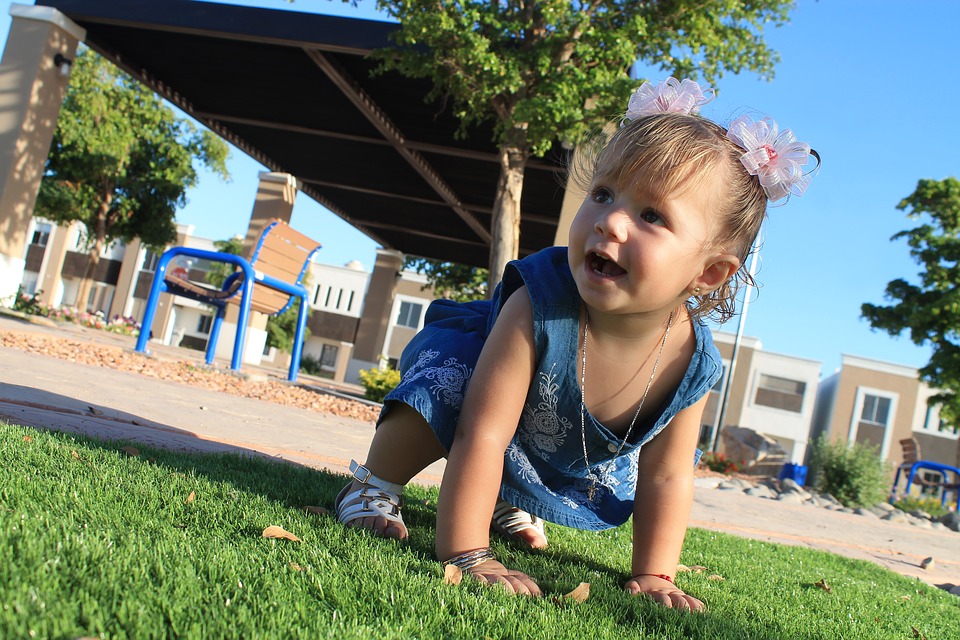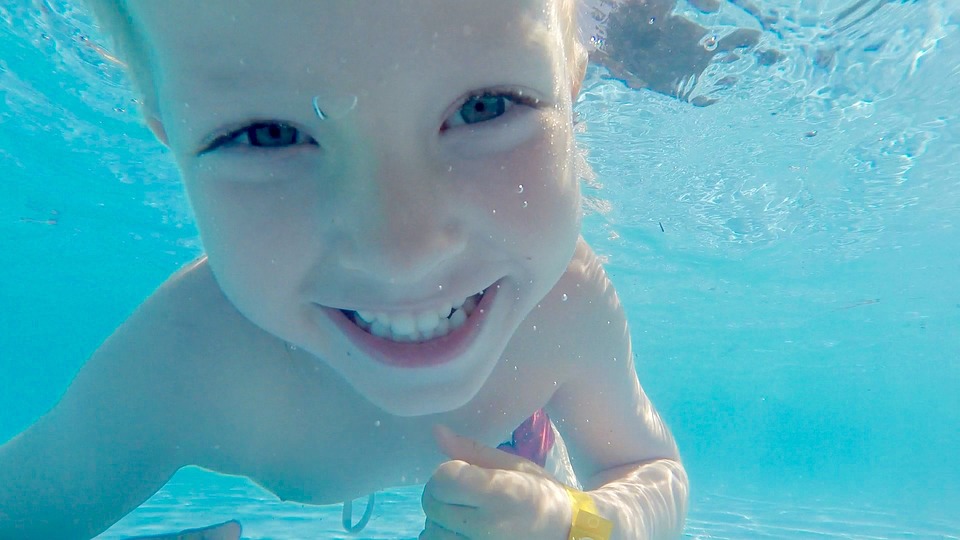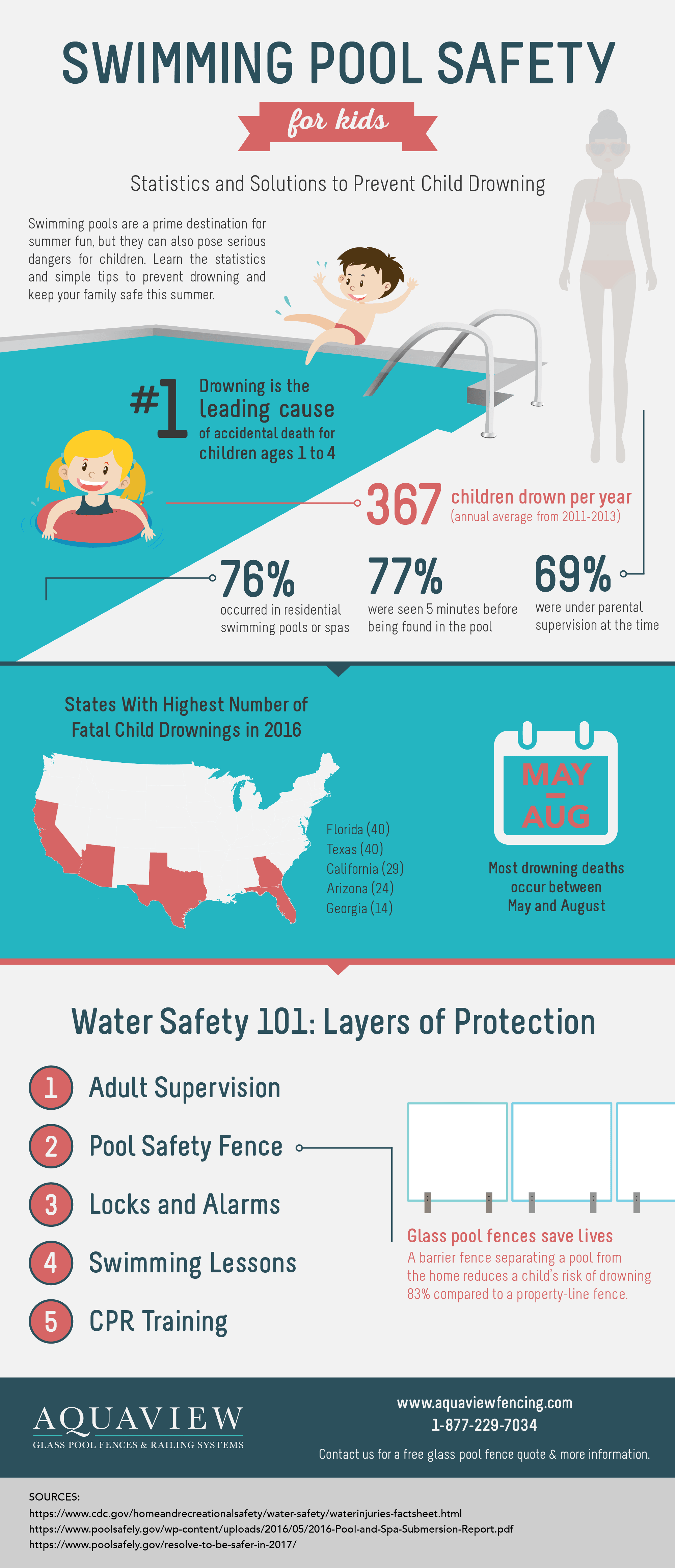
Travelling is a wonderful time for laughter, bonding and festivities. An opportunity to learn new things, see different cultures and connect with different people. Whether it be on the beach, a new city, trekking on the mountains or star gazing in the wild, traveling is one of the best de-stressors when you need to take a time out. And what better way to spend it with your family.
No matter how far you are away from home, maintaining a healthy lifestyle is a must, and yoga is proof that exercise on-the-go is not difficult. Here are simple ways to do just that:
1. Bring your props with you

Yoga props don’t consume too much space in your luggage, just bring your mat with you! A big travel mat rolled on your bag would indeed serve as a reminder that it’s time to squeeze in some exercise hours on your vacation but it might just add up a wee amount of weighing.
One Lululemon yoga mat review from a renowned yogi indicated that lightweight travel mat fits perfectly in her travel bag and added only about 1 kg. Add that to the fantastic view of your beach or the mountainside and you have an instant inspiration as you execute your downward-facing dog pose. Take in a deep, deep breath of fresh breeze while you’re at it.
2. Know the local Yoga scene
As with any travel bit, exploring the local yoga studios are part of the vacation itself. Your hotel might just have their own yoga studio for you to enjoy. Perhaps, you will find a Yogi instructor giving free classes on the town’s plaza where you can meet other families practicing yoga themselves. Or maybe there’s a studio beside the famous restaurant you are dying to try. In any case, search for Yoga practice opportunities before you travel.
3. Make an itinerary and make yoga part of it
So, your youngest wants to go to the waterpark and your eldest wants to check out the museum; your hair is thinning out at the thought of having not enough time to go to all of these places but you want everyone to be happy, too. Well, the best plan is to make a plan. Find time before your travel to search for the noteworthy tourist’s spots, find the perfect schedule and you’re good to go. While you’re at it, keep an eye out for opportunities to practice yoga as well.
4. Equip Yourself with the Perfect YOGA APP for your needs
If you find yourself on vacation in the woods, make sure you pack light and bring your mobile phone with you in the case of emergencies and in the case of yoga. Your family does not need to skip your Yoga sessions just because you guys are in the middle of the forest or midway into a mountain. Relax and breathe the fresh air, hold your hands up high for your Sun Salutations and slowly, gently breathe out while going back down. For the next pose, pull out your phone and open your newly-downloaded Yoga App. Yoga Studio is one of the best apps you may download, it costs only 3.99 and is available on both Android and Apple OS. You can also get YogaGlo, tagged as one of the top Apple apps of 2016
5. Yoga Retreat
Have you ever considered going on a retreat? How about a yoga retreat for your next vacation? Morocco, Thailand, and Cambodia offer yoga retreats all year round. Some even offer a family yoga retreat which teaches you poses that can practice your little kid. Not only is this a good husband and wife quiet time, but it can also be one of the most memorable bonding experiences you will have with your children. Do not be intimidated by silent yoga retreats as this is a whole new level of experience altogether.
6. Meditate
Travelling, though enjoyable for everyone, can also be quite tiring. Take a few minutes out of your day to just practice your breathing. The best times are when you are waiting for your flight, aboard your plane and while traveling on land to your destination. It need not be a complicated practice as you can just sit there, block the surroundings and just breathe. You can turn it into a game for your kids, everyone will enjoy it.
7. Do not forget to cleanse
Yoga is a cleansing of the mind, spirit and the body. Make sure you get your daily, if not weekly, dose of it. And while you’re at it, take advantage of your time while on vacation; reset your body by getting that 8 hours of sleep. Pick your food thoroughly– an option you don’t usually have when you only have an hour for lunch at work. Do some light reading. Anything that would help you reach that state of relaxation where both your mind and body is at rest.
Be it on vacation or at the comfort of your own home, there’s plenty of yoga to go around. Share the experiences with your family and new friends, ask them to join and eventually, build a community of yogis eager to practice even when they’re away from home.





